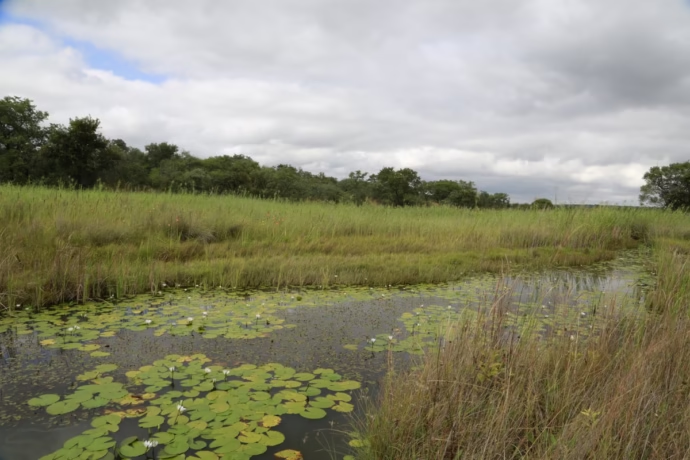
The Zimbabwean Parliament has passed the Private Voluntary Organisations (PVO) Amendment Bill, a significant step towards redefining the governance of civic society in alignment with national interests. The Bill, which now awaits transmission to the Senate, has been praised for its revolutionary approach to regulating Non-Governmental Organisations (NGOs) and voluntary organizations within the country. Minister of Justice and Parliamentary Affairs, Ziyambi Ziyambi, commended the move, noting that the Bill is not intended to curtail NGO operations but to ensure that these organizations operate within a framework that promotes transparency, accountability, and alignment with national priorities.
One of the key objectives of the PVO Amendment Bill is to enhance oversight of NGO activities, ensuring that they comply with national laws and regulations. This will not only prevent misconduct but also foster democratic governance by ensuring that civic organizations contribute to a more organized and accountable civil society. The Bill introduces mandatory reporting and accountability standards, which aim to mitigate the risks of fund mismanagement and ensure that donor funds are used for their intended purposes.
Additionally, the regulation of foreign funding sources is another critical aspect of the Bill. This will allow the Government to monitor external influences and ensure that foreign aid aligns with national interests, reducing the risk of interference in domestic affairs. The Bill also provides mechanisms for vetting organizations to prevent extremist affiliations, ensuring that funding and support are directed only towards groups that promote peace and stability.
By requiring NGOs to submit reports, the Government will have access to vital data on social issues, enabling better-informed policymaking and resource allocation. The PVO Bill also encourages NGOs to align their activities with national development priorities, such as health, education, and infrastructure, creating a more unified approach to addressing Zimbabwe’s challenges.
The Bill further establishes a framework for a flexible response to emerging social issues, such as economic or environmental crises, by mobilizing NGOs to work in collaboration with the Government. This partnership is expected to improve service delivery and project management, ultimately benefiting communities across Zimbabwe.




